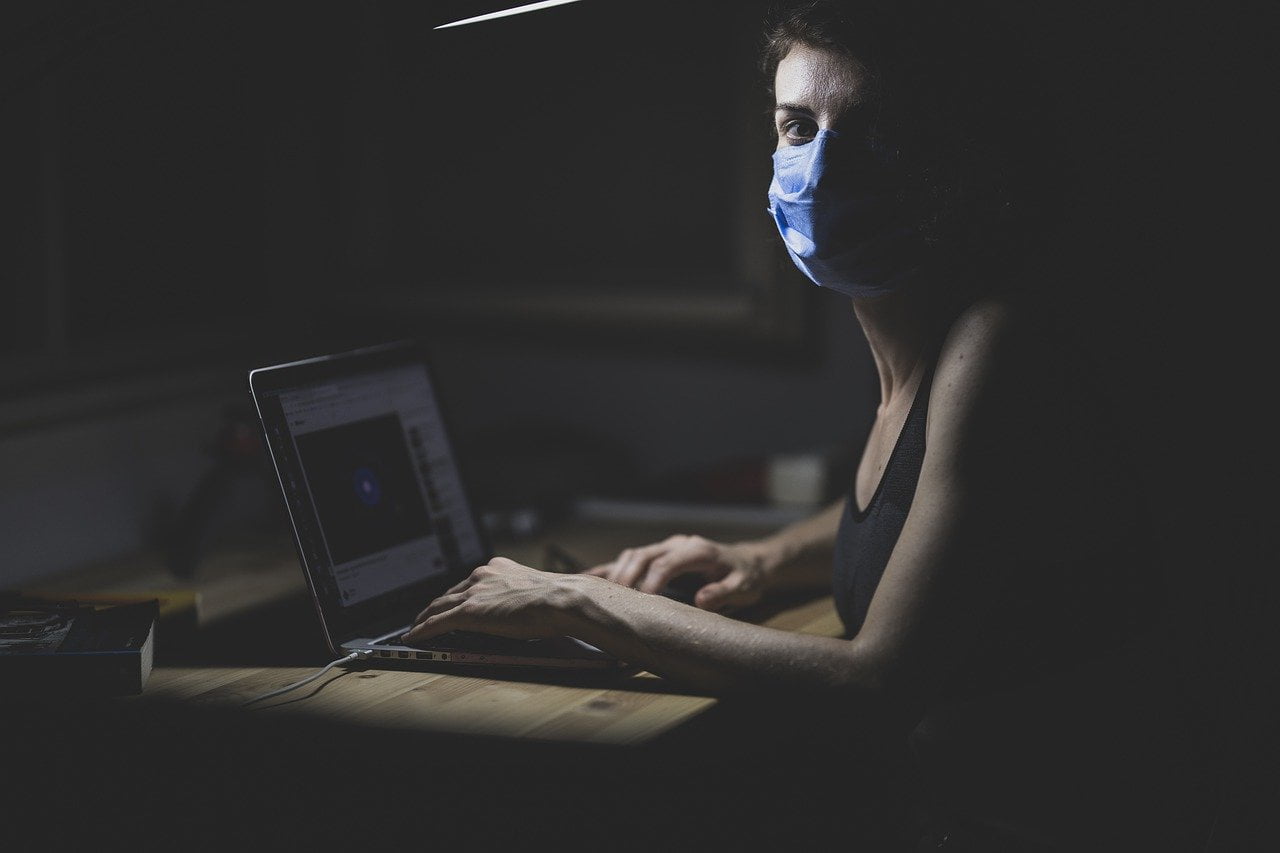Immunity From COVID Suits Not Needed, Says Expert; Established Law of Waivers Can Protect, Based Upon Personal Responsibility
Q3 2020 hedge fund letters, conferences and more
WASHINGTON, D.C. (December 16, 2020) – Reports indicate that the relief bill now under consideration will not contain liability protections for businesses.
Using The Established Law Of Waivers
That's good news, says public interest law professor John Banzhaf, because businesses can use the well established law of waivers to deal with the issue by relying on personal responsibility.
Statutory immunity is unnecessary to protect businesses from law suits by customers who might claim to have contracted COVID from visiting a store, restaurant, or similar establishment, says Banzhaf, who teaches and successfully litigates business liability law, and played a major role in blocking congressional immunity for the tobacco and restaurant industries. Instead, just employ legal waivers based upon personal responsibility, he says.
The same advice should be followed by universities which conduct in-person classes during the pandemic, says Banzhaf, who has been called "The Law Professor Who Masterminded Litigation Against the Tobacco Industry" and "a Driving Force Behind the Lawsuits That Have Cost Tobacco Companies Billions of Dollars."
The simple answer is to post signs insuring that customers are aware of the risks, but are willing to accept them as a condition of visiting the establishment, says Banzhaf, noting that such liability waivers are well accepted in law, and have been used successfully for more than one hundred years.
Statutory Immunity
So, as with other activities which likewise involve inherent unavoidable risks - such as skiing, rock climbing, white-water rafting, riding an electric scooter, etc. - it's perfectly fair and reasonable, and much more importantly legal - for the participants to be asked to voluntarily agree to assume the risks, and not sue the operator if an injury does occur. Such waivers have generally been upheld.
Banzhaf first noted - in pointing out the weaknesses of the waivers President Trump used for persons attending his rallies - that well-drafted written waivers seem to be tailor made for college students who insist upon in-person instruction in classrooms rather than remotely over the Internet, and therefore such institutions likewise should not be granted the statutory immunity they had requested.
Waivers should work equally well for customers who are willing to accept the risks of contracting COVID by shopping in stores, says Banzhaf, who has successfully sued tobacco companies, McDonald's, Spiro Agnew, and others.
In short, by posting signs such as:
There is some inherent risk of COVID in any indoor public place by entering, customers accept and assume that risk and agree not to sue if they contract COVID
Businesses should be able to immunize themselves against law suits in rare situations when a plaintiff who contracted COVID can prove that it was transmitted in a specific location such as a store.
Protection Against Lawsuits
As a professor who teaches law students how to sue companies, and how to get around routine waivers, releases, and other assumptions of risk, Banzhaf says most business should follow the KISS principle - Keep It Simple Stupid - in posting clear and conspicuous waiver signs, and not try to make specific promises they may not always be able to keep: e.g., requiring the use of masks at all times.
However, because the risks seem to be somewhat higher in restaurants than in many other business establishments - since customers will typically stay longer, and must remove their masks to eat and drink - restaurateurs might want to consider more formal written waiver documents such as those used by ski resorts.
Such longer written waivers could more clearly spell out the nature and magnitude of the risks (e.g., by quoting government pronouncements), make it very clear to signers that they are giving up their legal right to sue, and perhaps even suggest possible safer alternatives (e.g., eating outside, taking the meal home, etc.).
Another way to deal with the problem would be to have insurance companies sell insurance to cover any customer law suits which might be filed from persons claiming to have contracted COVID from visiting a retail establishment.
Such companies are much better able to assess any such risks than legislators, and can have different rates depending upon how well the business takes steps to limit any possible transmission of COVID (e.g., strictly enforce mask wearing, limit the number of visitors at any one time, etc.) and/or whether it employs waivers in the form of signs on the door, written waivers for restaurants and in other appropriate situations, says Banzhaf.





